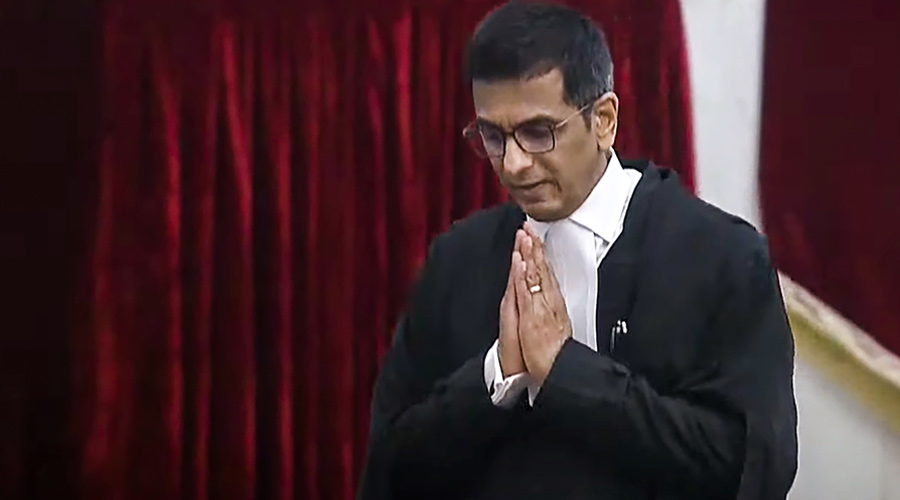The notion of personal liberty has been growing vague for Indians. This is in spite of the fact that a bench of the Supreme Court that included the new Chief Justice of India as a former judge ruled in 2017 that privacy was an integral part of the right to life and liberty. In everyday experience, it is not just privacy but personal liberty itself that seem endangered too. Policies, laws, the government’s approach and administrative attitudes allow intervention in matters such as marriage, food dress, even choice of faith, eroding individual autonomy, agency and the sense of identity. So it was heartening when the CJI, D.Y. Chandrachud, said that matters of personal liberty would be a priority during his tenure. Behind this remark lay the immediate issue of the delay in hearing petitions for bail. In his meeting as CJI with the full court, he directed that all judges would hear 10 transfer petitions and 10 bail petitions at every sitting before beginning on the other cases scheduled for the day. Transfer petitions are from parties in marital disputes who wish the case to be shifted to another court. The bulk of pending petitions can be thinned by this approach apart from providing some relief to the disputing sides.
The CJI’s emphasis on personal liberty was not heartening only because of the present atmosphere of shrinking personal freedoms but also because it could begin to right a much older wrong. The enormous number of waiting bail pleas which may lessen with the CJI’s directions is an indicator of the various courts’ miserliness regarding bail. That under-trial prisoners remain shut in for years, sometimes incarcerated for longer than they would have been if found guilty, is deeply unjust. Many of these prisoners are poor and unable to access timely legal help. Ensuring that they are given bail would be one of the greatest achievements of the higher judiciary. In an earlier ruling, the CJI, then a judge, had said that the deprivation of liberty for even a day was one day too much. According to him, the courts should be the first line of defence against the citizens’ deprivation of personal liberty. The principle of resistance to the loss of personal liberty may resonate with equal power beyond the portals of law courts.











